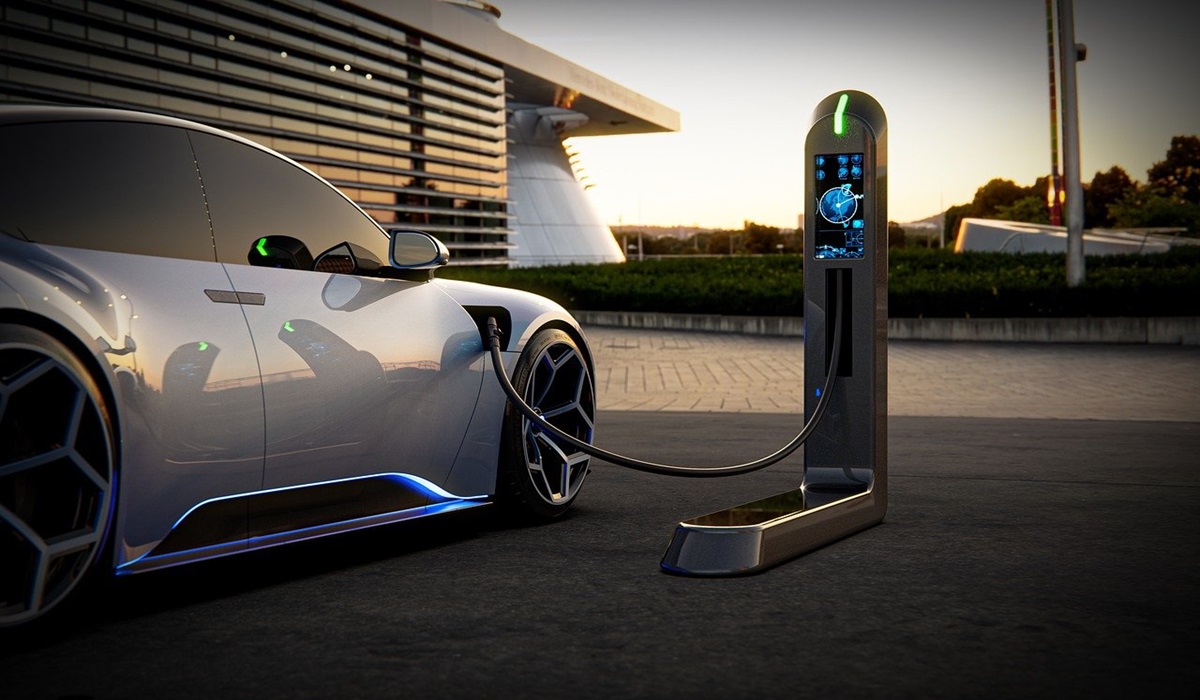Electric Vehicles: The New Global Arms Race in the Push to Eliminate Fossil Fuels
- TDS News
- Technology
- Trending
- April 19, 2024

Image credit, Lee Rosario
In the rapidly evolving landscape of the automotive industry, a new kind of arms race is underway—one not defined by weaponry, but by innovation in electric vehicles (EVs). Spearheading this charge are industry giants like Tesla in the United States and BYD in China, along with a growing cohort of formidable contenders from diverse corners of the globe.
Tesla, founded by Elon Musk, has become synonymous with the EV revolution. Its sleek designs, long-range capabilities, and pioneering advancements in battery technology have propelled it to the forefront of the market. The company’s relentless pursuit of innovation has not only disrupted the traditional automotive sector but has also inspired a wave of competition from both established players and ambitious startups.
In China, BYD (Build Your Dreams) has emerged as a formidable force in the EV arena. With strong government support and a focus on affordability and accessibility, BYD has rapidly expanded its market share both domestically and internationally. The company’s diverse product lineup, which includes electric buses, trucks, and passenger vehicles, underscores its commitment to sustainability and technological prowess.
Beyond traditional automotive manufacturers, tech giants like Xiaomi and Huawei are making significant inroads into the EV market. Xiaomi, known for its smartphones and consumer electronics, has announced plans to invest heavily in EV manufacturing, leveraging its expertise in technology and consumer-focused design to disrupt the industry. Similarly, Huawei, a global leader in telecommunications and 5G technology, has unveiled ambitions to develop its own electric vehicles, signaling a convergence of tech and automotive industries.
In the United States, legacy automakers are accelerating their EV efforts to keep pace with Tesla and meet increasingly stringent emissions regulations. General Motors (GM), through its brand Chevrolet, has introduced the Bolt EV and is investing billions in electrification initiatives. Additionally, startups like Rivian are gaining traction with their innovative electric trucks and SUVs, attracting investment from major players like Amazon.
Europe and Africa are also witnessing a surge in EV innovation, with companies like Standard Automate in Germany and various startups across the continent pushing the boundaries of electric mobility. In Africa, where the impact of climate change is acutely felt, initiatives to electrify transportation systems are gaining momentum, driven by a desire to reduce emissions and foster sustainable development.
The rise of EVs as the new global arms race reflects a broader shift towards renewable energy and decarbonization. As countries worldwide commit to ambitious climate targets and phase out internal combustion engines, the race to dominate the EV market has intensified. Beyond economic competition, it represents a collective effort to combat climate change and secure a sustainable future for generations to come.
However, challenges remain, including the need for widespread infrastructure development, advancements in battery technology, and addressing supply chain concerns. Additionally, geopolitical tensions and trade disputes could shape the trajectory of the EV arms race, as nations vie for dominance in this critical sector.
Ultimately, the success of the EV revolution will depend on collaboration and innovation across borders, as stakeholders work towards a shared goal of reducing greenhouse gas emissions and mitigating the impacts of climate change. In this global arms race for electric mobility, the winners will not only reap economic rewards but also contribute to a cleaner, greener planet for all.








